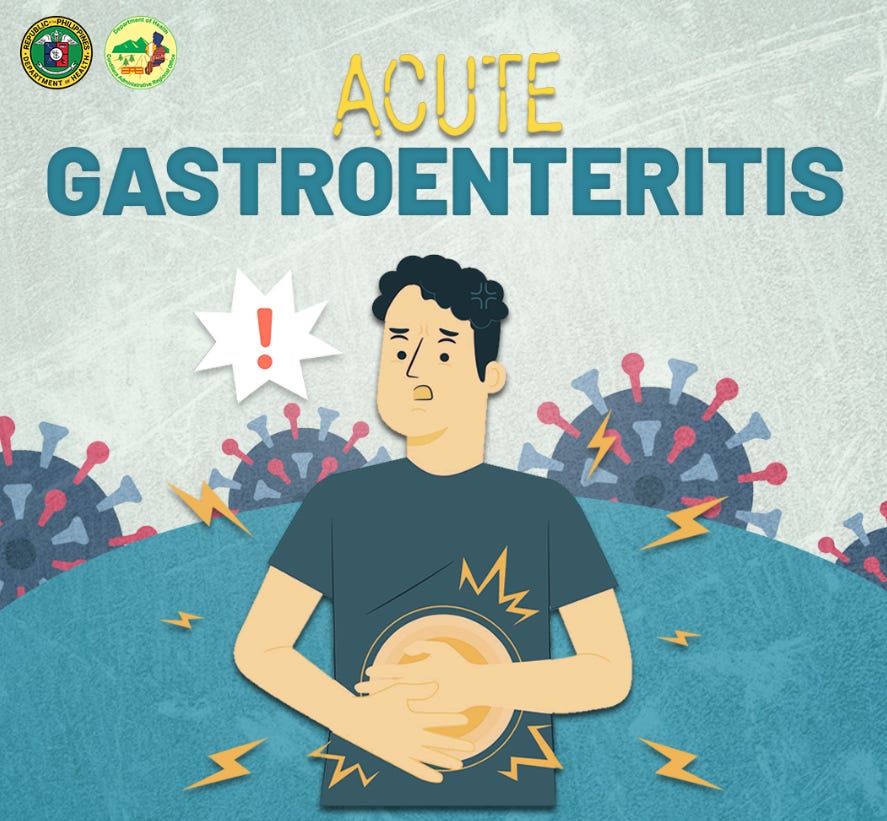Gastroenteritis outbreak declared in Baguio City, Philippines; More than 2,000 cases reported
The Baguio City Health Office (CHSO) has reported a sharp increase in cases of diarrhea (acute gastroenteritis), prompting the mayor of the Philippines mountain city to declare an outbreak yesterday.
According to health officials, 2,199 people have been affected through today. 45 hospitalizations have been recorded. The ages of the cases range from a few months to people in their 90s.
No deaths have been reported.
The Philippines Department of Health (DOH) reported the increase in diarrhea cases started last December 21, 2023, but really peaked in recent days as officials reported only 300 cases as of Sunday, January 7.
The majority of the cases were linked to patients who dined in a food establishment, followed by 13.2% who ordered take-out food, and 11.2% who ate home-cooked meals. The outbreaks are linked to more than 200 establishments and 175 households.
The CHSO said it is looking at water contamination as a possible reason behind the disease.
The Baguio City Public Information Office
The CHSO’s sanitation division gathered water samples from different water sources in the concerned establishments, which would be subjected to testing and retesting to determine the cause of the possible contamination.
Mayor Benjamin Magalong said during a press briefing, “To the citizens and visitors of Baguio City, rest assured that we are doing everything to control the outbreak.”
DOH said pending final results of the ongoing epidemiologic investigation, the public in affected areas will be provided access to clean, potable water. Water testing is ongoing in the city. Water may be boiled for two minutes (start timer after water comes to a rolling boil). The use of chlorine-based water disinfection solution or tablets, if available in health centers, is also recommended. The public is also advised to report any change in color or odor of their household tap water.
In case of loose or watery stools, the first aid is to ensure hydration. Drink replacement fluids - clean water, ideally with oral rehydration solution (Oresol). Consult a doctor.
Diarrhea (loose and watery stools) is usually associated with either water- or food-borne causative agents. The DOH advises all to always use clean water for drinking, preparing drinks, cooking, washing eating and cooking utensils, brushing teeth, and washing the hands and face.





